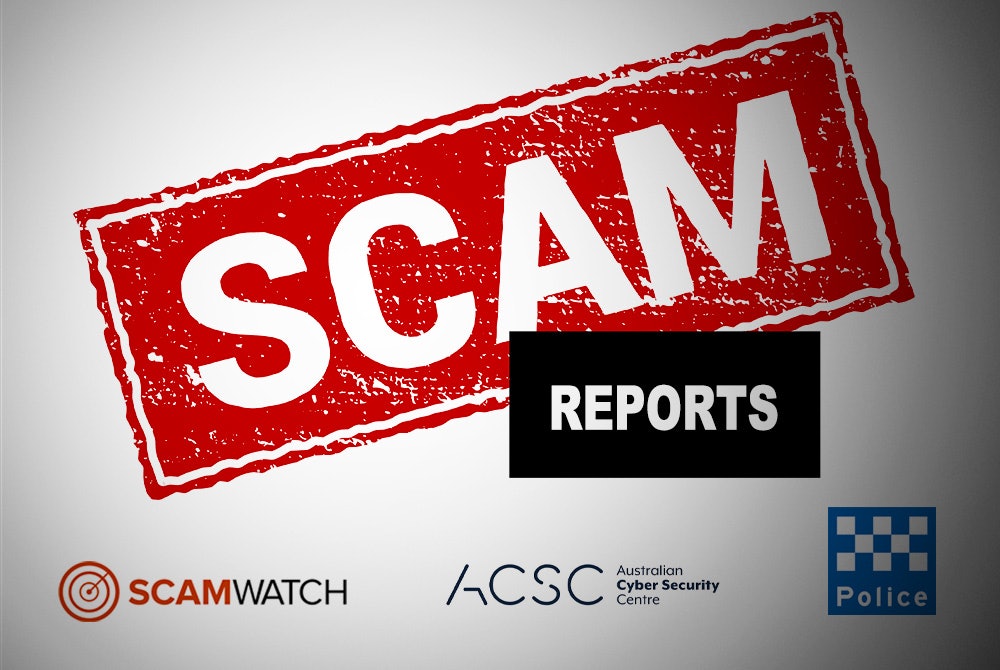Recently there has been a rise in a clever postal report scam and other competition scams that are cheating money from UK citizens. These types of scams have escalated with the rise of the internet, the proliferation of marketing lists and the popularity of social media sites which allow criminals around the world to cheat money from unsuspecting victims with even greater ease. One particular area where scams are finding a niche is in the area of competitions and prizes.
It is estimated that these scams are extorting up to 150 million pounds a year from UK residents. This article should give you a fair warning on the types of scams there are out there, what to look for and how you can protect yourself.Almost all of us have received those pesky calls trying to get us to buy in to various timeshare schemes. These scams are generally less serious but are chronic time wasters never the less.
Typically a timeshare telemarketer will call your home or work telling you that you have won a holiday or free night’s accommodation. Typically this is true (although you haven’t technically ‘won’ it) however you will need to attend a presentation where timeshare sales execs will try to hard sell you their concept. Often you may have to put down a deposit on your credit card as well. Often travel dates are set and can’t be changed or the flight is scheduled out from an inconvenient airport.
No genuine prize draw will ever require money to be paid before collection of the prize. These scams come in a whole host of different formats but generally an unsolicited letter will arrive telling you that you have won a vast amount of money. In order for you to receive the prize you will need to pay an admin fee or a postage fee of some kind. Sometimes a telemarketer will call your home to tell you in person, in one particular example victims are called and told that they have won a holiday to Spain, but at the end of the phone call they need to pay £75 for airport taxes upfront with a credit card.
The postal scam is one of the most widely spread due to the ease that criminals have in setting it up with overseas phone companies. In this example you receive a notification that you have won a prize or that you have a parcel waiting for you at the post office. There are careful instructions on how to collect the parcel or prize, which involve calling a phone number. This is often a timed call that lasts up to five or six minutes and can cost up to £15 or more. Sometimes an immediate charge for the full amount is added to your phone bill as soon as you hear the recorded voice message on the other end.
These are now becoming ever more prevalent as texts are sent to completely random numbers, ‘phishing’ for a response. As soon as you reply to the text the scammers know that they have a real number. The reply text will often cost up to £5 and they can keep these texts going back and forth with you until you stop. This may look something like this text Text YES now to 54900 if you would like to collect your item. Text YES to 54900 now! stop? text stop to 85115. As you can see, either way they will hit you with a charge from your reply

